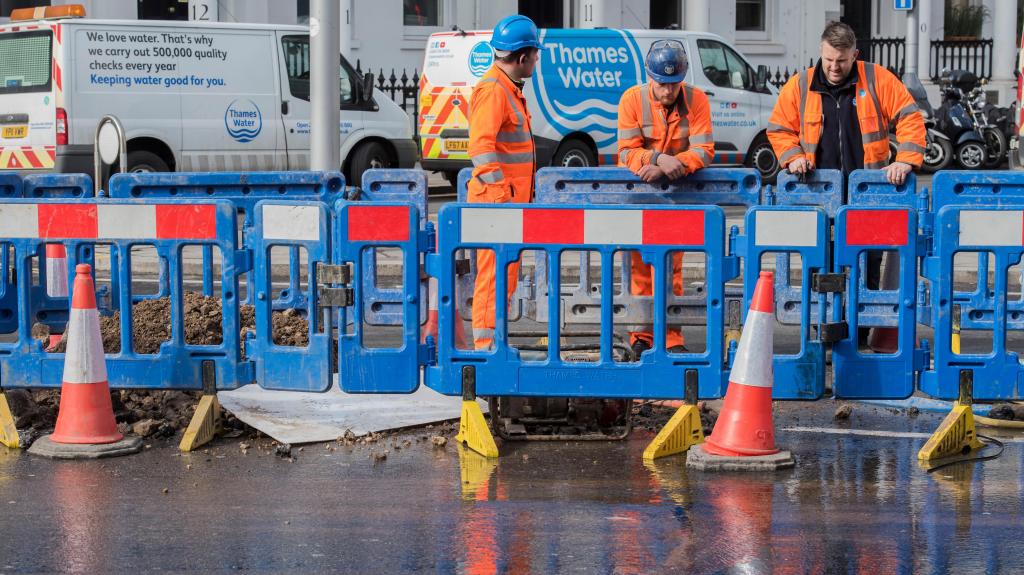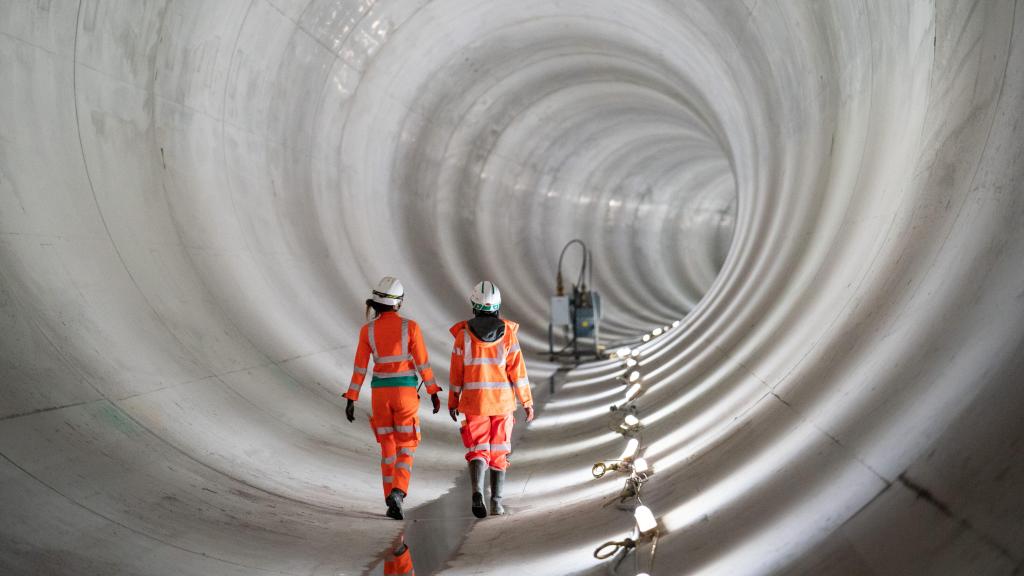Thames Water’s Future Uncertain as KKR Withdraws Rescue Bid
The American private equity firm KKR has officially withdrawn its proposal to invest £4 billion in Thames Water, following unsuccessful high-level discussions with the government that raised concerns about the political implications of the deal.
In an effort to save the UK’s largest water utility, Varun Chandra, the Prime Minister’s business advisor, held urgent talks over the weekend with Henry Kravis, co-founder of KKR, according to sources familiar with the negotiations.
Earlier this spring, KKR had been designated as the sole preferred bidder, outlining an ambitious plan for a £4 billion recapitalization of Thames Water, which included the potential for up to £3 billion in bridging loans from senior creditors.
This setback in the acquisition discussions occurs just days after Thames Water, which serves 16 million customers, faced a record £123 million penalty imposed by the regulator Ofwat for multiple pollution violations and for making internal dividends to shareholders—something it had been specifically prohibited from doing.
The company, which is burdened with approximately £20 billion in gross debt, is currently being kept afloat by a deal with a new category of super senior creditors. Their ongoing support hinges on Thames Water securing a new equity investor to replace the shareholders who abandoned the company 15 months ago, pulling out their promised recapitalization funds and writing off their investments in a firm they no longer considered viable.
During KKR’s financial assessment of Thames Water, it was revealed that some senior creditors were devising an alternative equity acquisition strategy, which is now likely to be the focus of the Thames board’s efforts.
While KKR has not publicly commented on its decision to withdraw, a source close to the firm indicated that various factors influenced the decision beyond the deal’s political and regulatory complexities.
In the House of Commons, Environment Secretary Steve Reed dismissed the idea of a complete renationalization of the water sector but mentioned that the government is prepared to respond as necessary regarding the situation with Thames Water.
In a statement, Thames Water acknowledged that KKR and the senior creditors had created detailed plans, including strategies for the company’s turnaround, which were shared with them. However, KKR has communicated it will no longer proceed, allowing its preferred partner status to expire as they shift focus to discussions with the senior creditors and Ofwat.
Sir Adrian Montague, Chairman of Thames Water, asserted, “We firmly believe that a sustainable recapitalization is essential for all stakeholders and we are committed to collaborating with our creditors and stakeholders to achieve this.”
Alistair Carmichael, the Liberal Democrat MP who chairs the Commons Environment, Food and Rural Affairs Committee, expressed his concerns during evidence sessions in May, highlighting the risk posed by Thames Water pursuing a single bidder against Ofwat’s recommendations. He stated, “Unfortunately, our concerns have been realized, placing Thames in a precarious position.” He cautioned the government must recognize the potential repercussions for public finances and ensure that any takeover is prioritizing the public interest without enriching financial institutions at the expense of consumers and operational effectiveness.




Post Comment